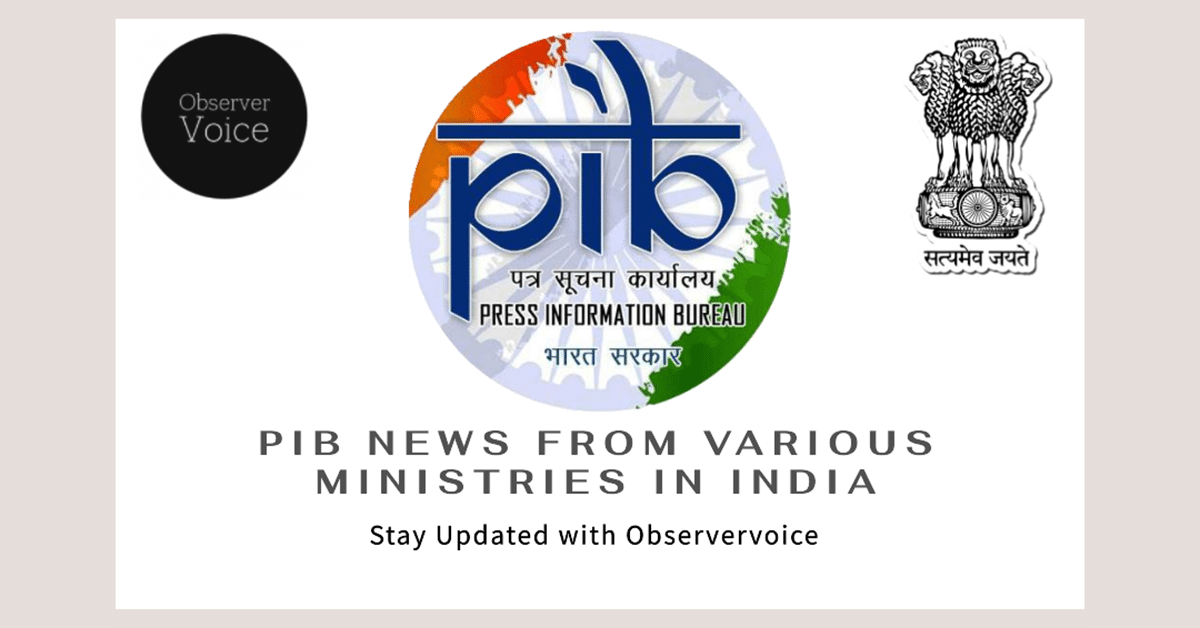India’s Path to Sustainable Development

India is on a journey of rapid development, but this growth must be inclusive and sustainable. Raksha Mantri Shri Rajnath Singh emphasized this point during an event celebrating the 90th birthday of renowned writer and environmentalist Sugathakumari in Pathanamthitta, Kerala. He highlighted the importance of a need-based consumption model over a greed-based one. This shift is crucial for ensuring the health of our planet. Singh urged society to abandon the ‘use-and-dispose’ mentality that has dominated our economic practices.
Sugathakumari: A Beacon of Environmental Activism
Sugathakumari was more than just a poet; she was a moral compass for society. Her work reflected deep emotional empathy and humanist sensitivity, addressing pressing societal and environmental issues. In a state like Kerala, known for its rich biodiversity, Sugathakumari emerged as a staunch advocate for ecological preservation. Her involvement in the ‘Save Silent Valley’ movement marked a pivotal moment in India’s environmental activism. This initiative aimed to protect one of the last remaining stretches of tropical rainforest in the country, showcasing her commitment to safeguarding nature.
Rajnath Singh praised Sugathakumari’s contributions, stating that her efforts were instrumental in raising awareness about environmental issues. He noted that her legacy serves as a reminder of the responsibility each individual has towards nature. The Raksha Mantri’s acknowledgment of her work underscores the need for a collective effort to protect the environment. Sugathakumari’s life and work inspire future generations to engage in environmental activism and to advocate for sustainable practices.
The Role of the Indian Constitution in Environmental Protection
India’s Constitution reflects a profound respect for nature. The framers understood the significance of environmental protection, embedding directives that mandate the safeguarding of natural resources. Rajnath Singh pointed out that it is a fundamental duty of every citizen to protect and improve the environment. He emphasized that humanity should act as a trustee of natural resources, not as its master. This perspective is crucial for fostering a culture of environmental stewardship.
The Raksha Mantri reiterated that nature should be revered and utilized wisely, without waste. He acknowledged the missteps humanity has taken in its relationship with the environment but expressed hope that individuals like Sugathakumari can guide us back to a more respectful and sustainable approach. The constitutional mandate for environmental protection serves as a foundation for India’s green initiatives, which aim to create a balance between development and ecological preservation.
Government Initiatives for a Sustainable Future
Under the leadership of Prime Minister Narendra Modi, the Indian government has launched several initiatives aimed at promoting sustainability. Rajnath Singh highlighted programs like Mission LiFE, which seeks to replace mindless consumption with a mindful circular economy. Other initiatives include the National Green Hydrogen Mission, aimed at making India a global hub for green hydrogen production, and the ‘Ek Ped Maa Ke Naam’ campaign, which encourages nationwide tree planting.
These initiatives reflect a commitment to environmental sustainability and climate justice. Singh emphasized that achieving the goal of a developed India by 2047 hinges on the success of these green initiatives. He noted that despite contributing minimally to global warming historically, India remains dedicated to a sustainable future. The recent ‘India State of Forest Report’ indicates a positive trend, showing an increase in forest and tree cover across the country.
The government’s focus on clean energy and sustainable practices is not just a national priority; it serves as a model for global efforts in climate change mitigation. Singh’s remarks underscore the importance of collective action in addressing climate challenges, highlighting the need for collaboration among governments, organizations, and communities.
Addressing Climate Change: A Call for Collective Action
Climate change poses significant challenges, including increased frequency of extreme weather events. Rajnath Singh pointed out that recent floods in states like Kerala and Himachal Pradesh are stark reminders of the impacts of climate change. He stressed the resilience and ingenuity of humanity in facing these challenges, advocating for innovative solutions to transition towards low-carbon development.
The Raksha Mantri called for a multi-stakeholder approach to climate adaptation, emphasizing the need for collaboration between institutions and communities. He highlighted that the right to a healthy environment is a fundamental right, and failure to address climate change could lead to catastrophic consequences.
Observer Voice is the one stop site for National, International news, Sports, Editor’s Choice, Art/culture contents, Quotes and much more. We also cover historical contents. Historical contents includes World History, Indian History, and what happened today. The website also covers Entertainment across the India and World.

